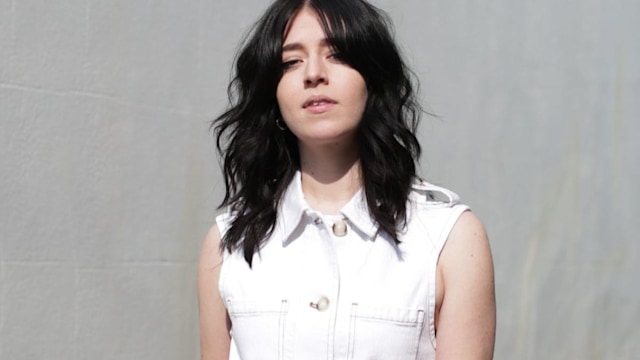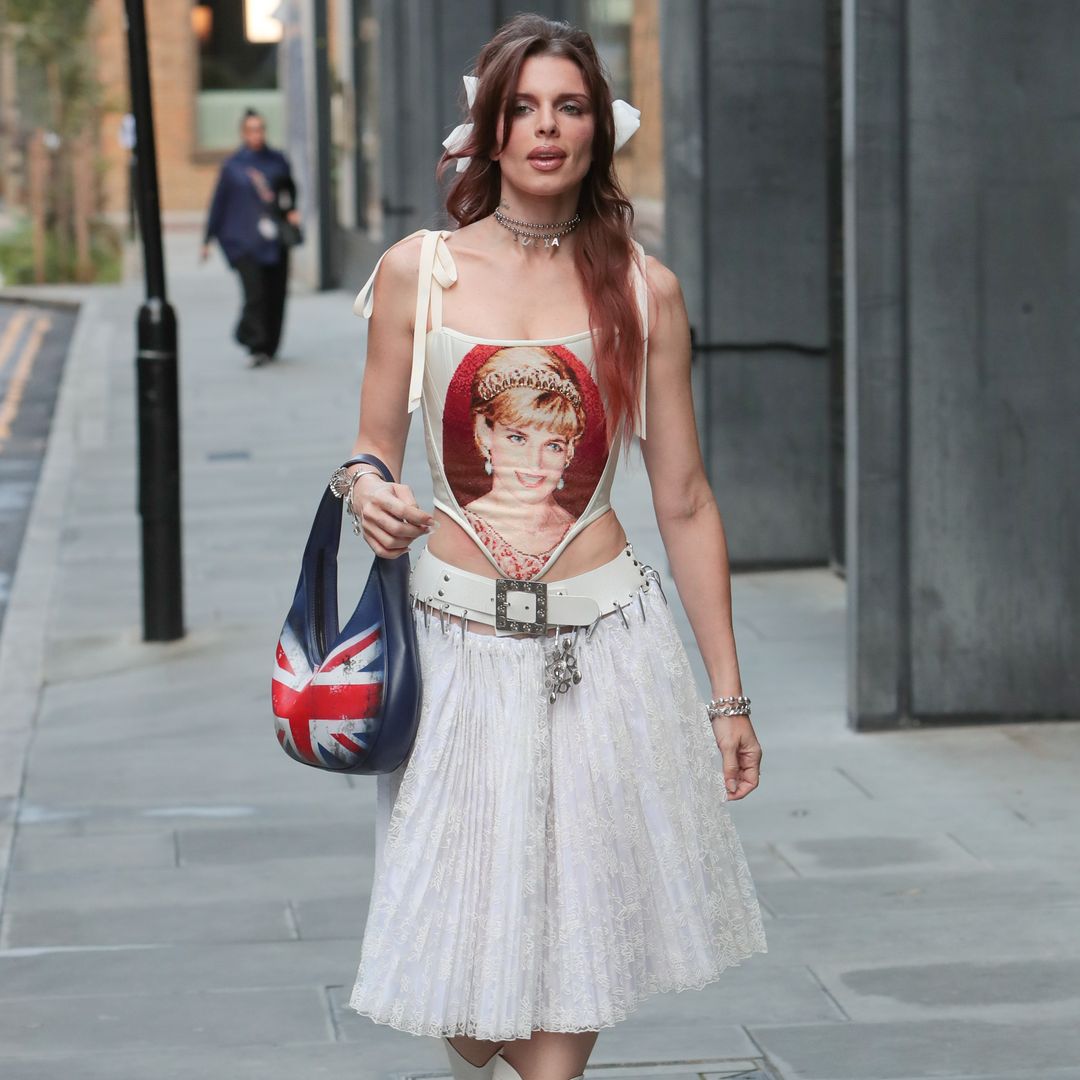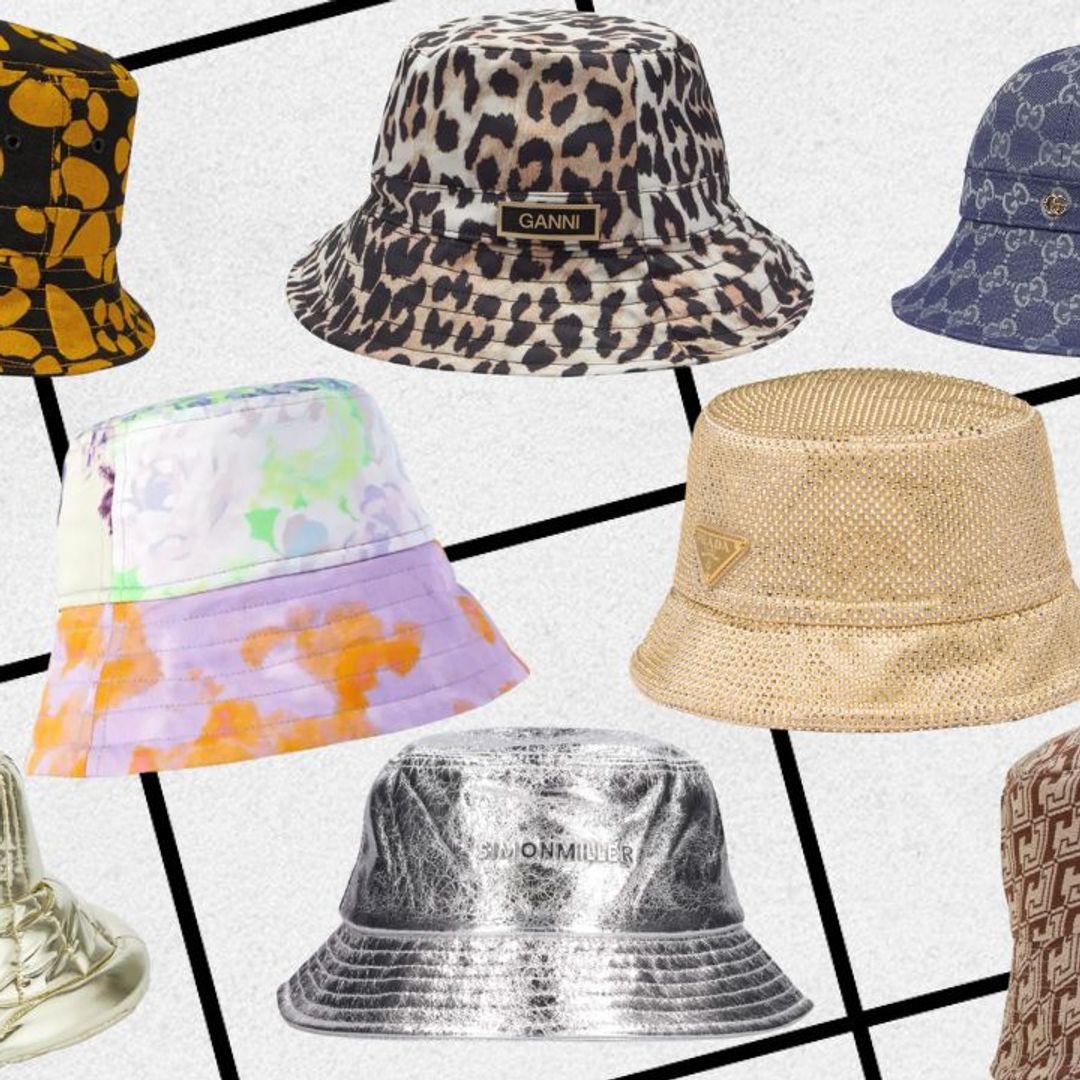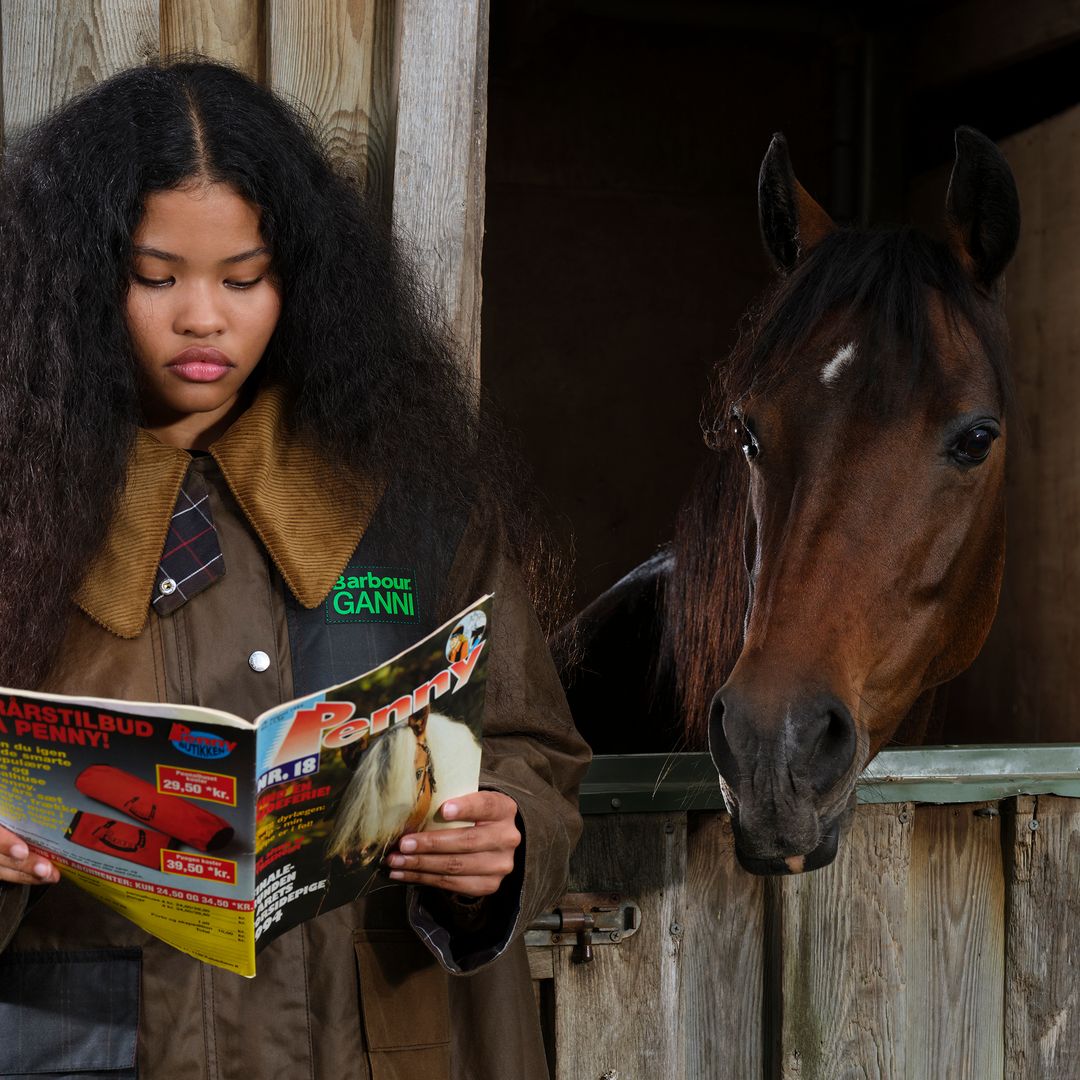Spring is a time when many of us adopt an ‘out with old and in with the new’ sartorial mindset as we head into a new season of warmer weather and longer days, fuelling our desire to give our wardrobes a refresh. But doing so as eco-consciously as possible is of the utmost importance.
Though the conversation around sustainable shopping has amplified over the recent years: resale and rental platforms have taken off in popularity, scouring charity shops for second-hand steals is the in-thing to do, and the popularity of a minimalist aesthetic has enabled us to rewear the same pieces over and over, there’s still a long way to go before fashion is anywhere near planet-friendly industry.
MORE: How to recycle beauty products: the need-to-know guide
RELATED: 5 Fashion Editors share their pre-loved picks of the season
“Fashion is personal, creative, glamorous. It also threads together the need for more social and environmental sustainability, in a visual way that catches the attention of others in our digital-first world” Besma Whayeb, founder of Curiously Conscious tells Hello! Fashion.
She started her eco-conscious blog almost 10 years ago, covering sustainable fashion, clean beauty, a low-impact lifestyle and more. As it became exponentially successful, she founded ‘Ethical Influencers’, a platform which does exactly what it says on tin. She noticed the market was missing a networking hub for people who have the same goal: “working towards a better world”. Besma gave us her ultimate guide to a sustainable spring wardrobe clear-out .
The three most sustainable ways to recycle old clothes:
1. Buy less and outfit repeat
“True clothes recycling is still in its infancy, with very few end-of-life garments being made into new ones. As wearers, the best first step is to slow down our clothes’ journey to landfill by buying less, and choosing clothes that will be worn for years to come. Livia Firth of Eco-Age advocates for 30 wears per item, and I’d echo this. If you can’t see yourself wearing a piece multiple times, consider renting instead.”
2. Alterations
“The next step is to have clothes repaired, altered, and restyled as our bodies change and our style evolves. (I am terrible at sewing, so I take mine to a local tailor, but more power to you if you can do this yourself) This will keep your clothes in circulation, and keep you feeling confident in them too”
3. Swap with someone
“If you’ve fallen out of love with a garment, pass it on to someone else who will give it a good second life. I swap clothes with my sister, and have even hosted clothes swap events. I also like to sell my clothes on Depop, as well as pass them on to local charities (just be sure to donate clothes in a saleable condition, and phone ahead to make sure they’re accepting donations).”
Are charity shops the best way to recycle unwanted clothes?
“Charity shops provide an important service, providing access to clothing at very reasonable prices, while also supporting great causes. However, it’s important to only donate clothes that are truly sellable - otherwise, you’re burdening the charity with garments they will need to dispose of. This can cost time and money, and it means that despite your good efforts, the clothing will still end up in landfill.”
“For clothing that isn’t good enough quality to donate, you can put these in textile recycling bins, which you may have seen in car parks or at the tip. Textile recyclers will then identify each garment by their textile composition (so be sure to keep the clothing labels on your clothes) and recycle them to be used elsewhere, such as cotton shirts into mattresses, or sneakers into sports court flooring.”
Which is better: recycling or upcycling clothes?
“Upcycling comes before recycling when you look at fashion in a circular way, and these days it goes far beyond simply patching up holes! Look at brands like Fanfare Label, GBADEBO, and Re/Done, who are taking fashion waste and turning it into beautiful pieces.” Besma’s circular fashion guide: Curiously Conscious.
Besma wearing Fanfare
When and why did you start ethical influencers?
"I started Ethical Influencers in 2018, after meeting a good few content creators at different events and realising there wasn’t a digital platform for us to connect. Today, the platform has 1,200+ members from 60+ nations around the world, with the shared mission to create content promoting sustainability."
Why is recycling clothes so important?
“Fashion is personal, creative, glamorous. It also threads together the need for more social and environmental sustainability, in a visual way that catches the attention of others in our digital-first world. We all wear clothes, so why not choose ones that are made fairly, from sustainable textiles, that are designed to last?”
Three reasons why our shopping habits need to change:
"1. According to Greenpeace, clothing companies create more than 1 million new garments every day. And in the UK, we buy more clothes than any other country in Europe. It averages out to around 67 new items per year per person. That’s an entire suitcase of new clothes every year - it’s too much, but it’s a culture that fast fashion heavily encourages."
"2. Less than 10% of workers in fashion supply chains are being paid a living wage. According to some reports, it’s as little as 2%. Fast fashion is predicated on making clothes very fast, at a huge scale, for as little money as possible. And many people are suffering for it."
"3. While we might not be able to slow down the fast fashion industry as individuals, extending the life of our clothes by just 9 months of wearing can reduce the carbon, water, and waste footprints by up to 30% (according to WRAP). So wearing your clothes for longer is actually better for the planet."
Like this story? Sign up to our Hello! Fashion newsletter to get your weekly 'Fashion Fix' delivered straight to your inbox.









